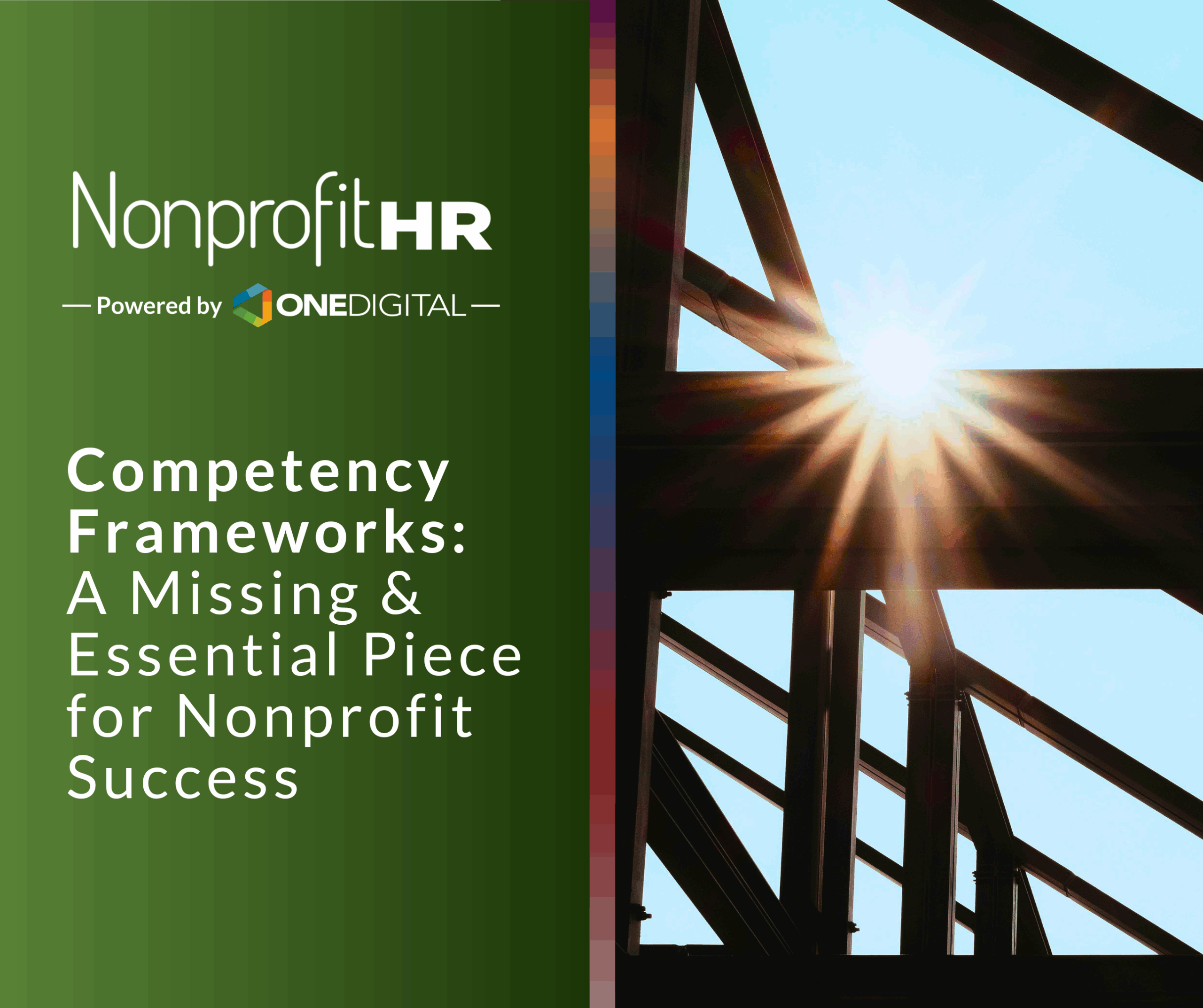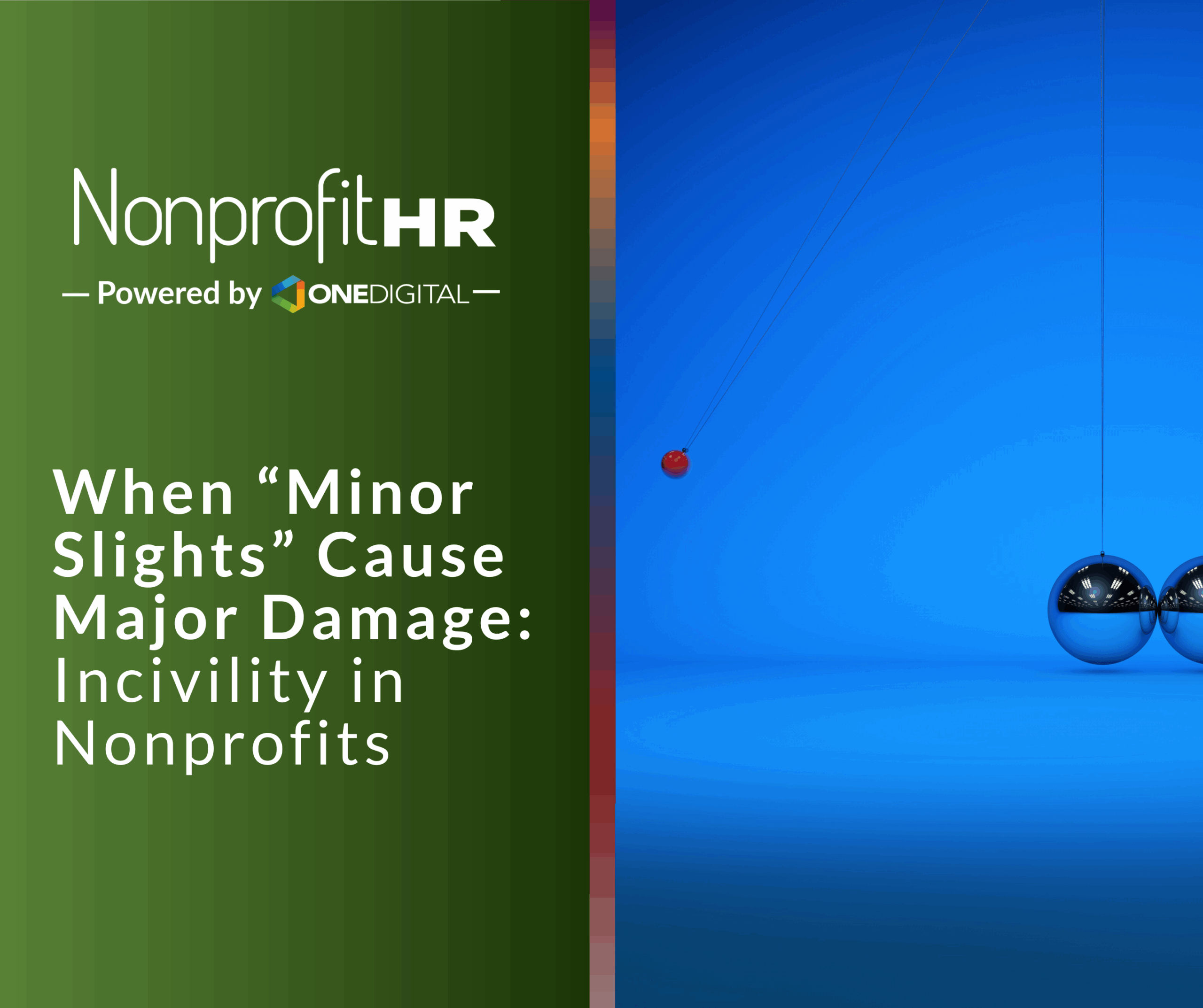WTOP: 5 ways nonprofits can…
Well established “myths” about job candidates are beginning to be called into question with the advent of new Big Data research. One of the those myths is about whether or not it is wise to hire job hoppers.
Conventional wisdom suggests that a candidate’s past employment record is indicative of their future employment. An example of this CW is that if candidate A only spends about 14 months with an employer then it is likely that he/she will only spend an equal amount of time with the next employer.
New research says this logic is flawed and not accurate.
Evolv expands on this new data.
“Organizations assuming that job hoppers and the long-term unemployed make bad hires are making a mistake. Research shows that companies would be better served by considering many candidates they typically eliminate right off the bat.
When comparing long-term employment history data with ultimate tenure across a population of over 100,000 applicants, there was virtually no difference in employment outcomes based on how many jobs a person had, or even how many short-term jobs they had previously. There was also no statistically significant difference based on previous unemployment. Contrary to commonly-held beliefs, an applicant’s previous work history is actually a poor predictor of future outcomes.
Job hoppers and non-job hoppers are equally likely to remain in their jobs. Workforce science shows that the better indicator of an employee’s tenure lies in the quality of their supervisor, and their personality fit with the role.”
This is an exciting time to be in human resources. We have a better ability now to uncover exactly what makes a candidate desirable or not. We just need the resources and time to collect and analysis all the data.





























